The Black Phone
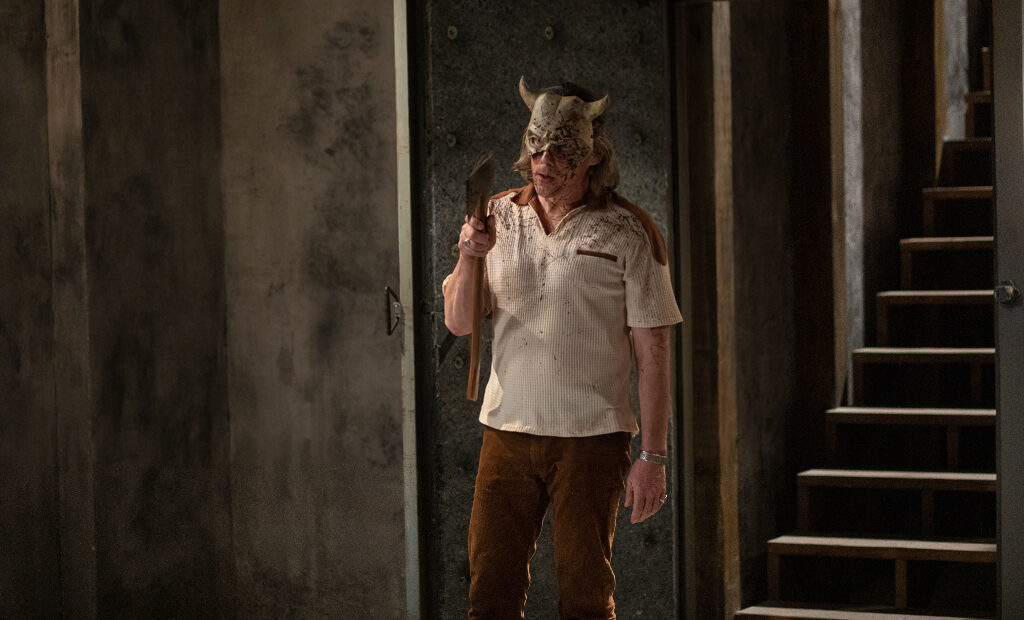
After traversing the lofty, glorified machinery of the Marvel Cinematic Universe in 2016’s Doctor Strange, Scott Derrickson decided to discontinue his relationship with the studio after creative disillusionment, Derrickson being subsequently adjoined to the names that have tried to impose their vision on the behemoth of a Marvel production. Sam Raimi, an equally independently spirited horror auteur, went on to take the reins on Doctor Strange and the Multiverse of Madness, while Derrickson returned to his supernatural horror roots for The Black Phone, a rewarding adaptation of Joe Hill’s short story of the same name.
As a period piece rooted firmly in the aesthetic and cultural contexts of 1970s American life, The Black Phone follows a recent screen lineage of nostalgia-inflected horror about unheard children, à la It and Stranger Things. The opening scene, depicting a school baseball match, throws viewers unequivocally into the genre trappings, while a subsequent scene of bullies following their victim into a toilet cubicle could have come from any high-school movie of the past 30 years.
The victim in question is 13-year-old Finney (Mason Thames), who, after a slightly baggy opening act of contextualisation showing him to be a victim of bullying at school and at home, becomes the sixth abductee of a serial killer known locally as the Grabber (Ethan Hawke), a demonic figure who dons a sinister mask, luring children into the vicinity of his black van with magic tricks and black balloons. After being held in the Grabber’s basement indefinitely, Finney begins to become intrigued and frightened by the presence of a black phone that is apparently disconnected, but keeps ringing. On the other end of the line are the voices of all five previous victims. Crucially, the children cannot remember their names, the first cryptically telling Finney, “It’s the first thing to go.” While the nameless ghosts of the Grabber’s victims try to help him to escape, Finney’s 11-year-old, headstrong sister, played with real energy and gruff resolve by Madeleine McGraw, begins to experience enigmatic dreams, breadcrumbs to the location of the serial killer and her missing brother.
In its supernatural interpretation of a childhood seen but not heard, in which children’s salvation from a nightmarish circus villain comes from their own resolve and cunning, The Black Phone is fundamentally cut from the same cloth as Stephen King’s works. It is hardly surprising to learn that Hill is King’s offspring. It is also not hard to see the story’s genesis as a short, with Derrickson and co-writer C Robert Cargill’s attempt to fill the film’s 100-minute runtime leading to some pacing problems. Uneven pacing and a sense of déjà vu notwithstanding, The Black Phone is an abundantly satisfying, nuts-and-bolts supernatural horror that flourishes in its thrilling final act, the ballooning inefficiency of preceding sequences dispensed with in favour of a tight, fulfilling reckoning of evil.
The success of the film is underpinned by the performances of the central trio, with brilliant child performances and a menacingly twisted portrayal from Ethan Hawke, who swaps his protagonistic chops for something altogether more sinister in a role that mirrors the shockingly effective impact of good-guy Henry Fonda’s villainous turn against type in Once Upon a Time in the West.
The Black Phone ultimately does what it sets out to achieve, overcoming its flaws with solidly constructed popcorn thrills and spills.
Matthew McMillan
The Black Phone is released nationwide on 22nd June 2022.
Watch the trailer for The Black Phone here:

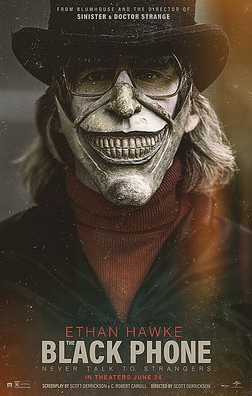
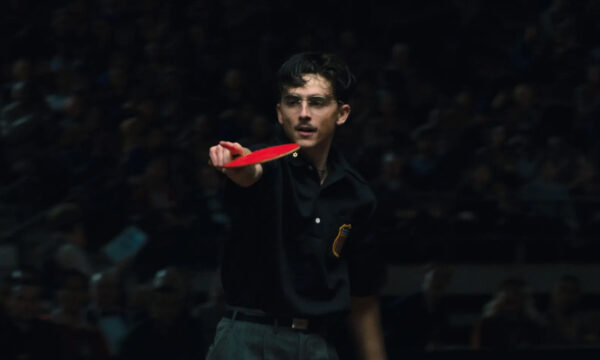
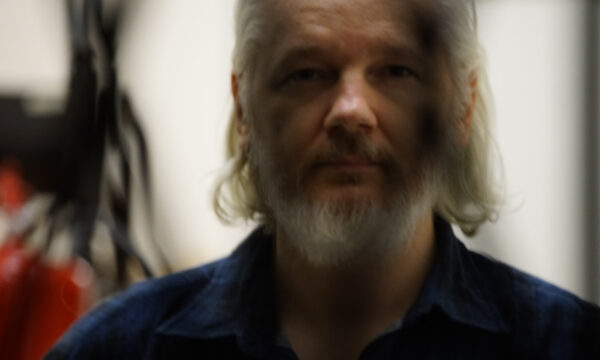

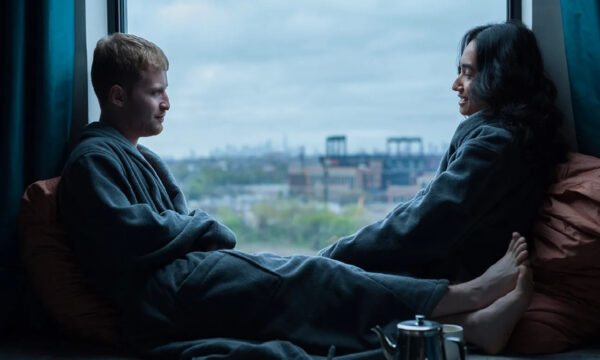
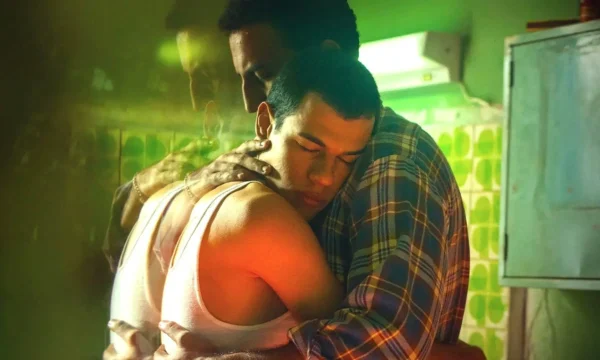

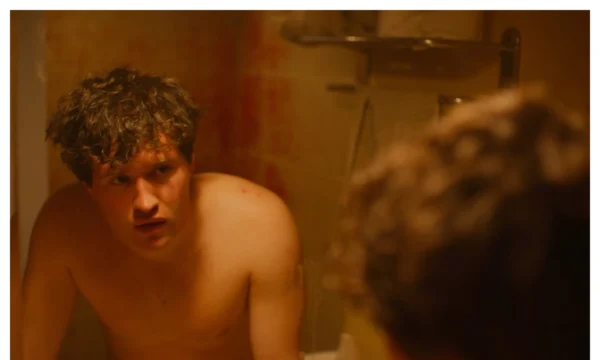



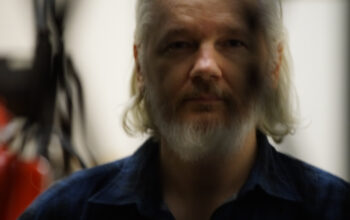
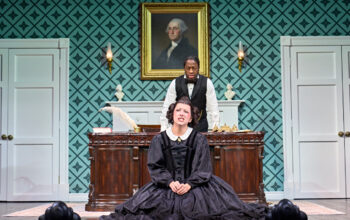
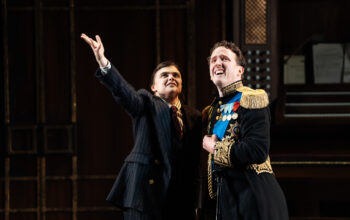










Facebook
Twitter
Instagram
YouTube
RSS